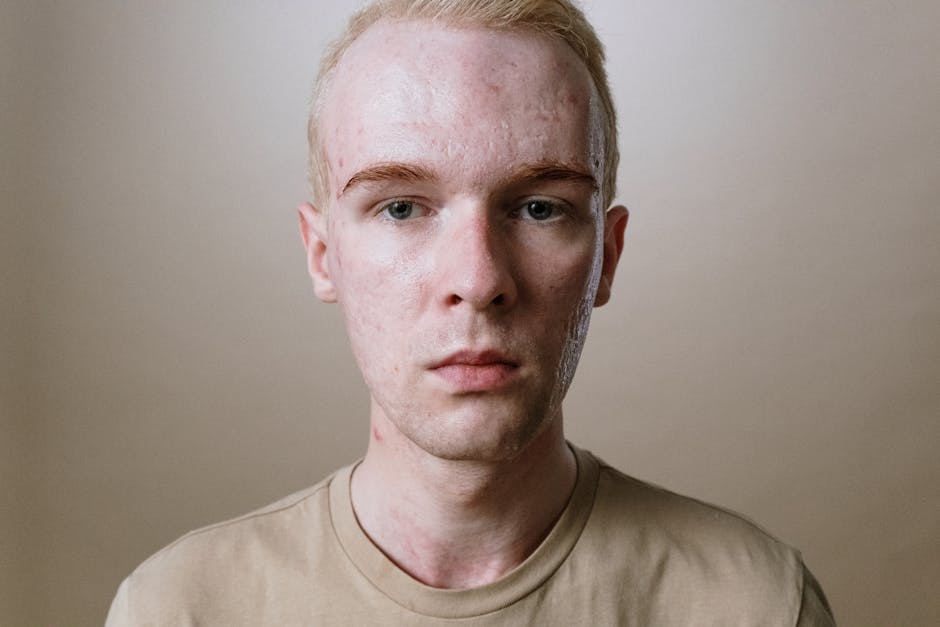Acne, a prevalent skin condition, affects millions globally. While it's often associated with adolescence, it can persist into adulthood. The appearance of acne can be detrimental to self-esteem and have psychological implications. Fortunately, numerous effective treatments exist to combat this frustrating condition. This comprehensive guide will explore the root causes of acne, holistic approaches, and proven therapies to restore clear and radiant skin.
**Understanding Acne**
Acne develops when sebaceous glands, responsible for producing oil to lubricate the skin, become overactive. Excess oil traps dead skin cells and bacteria within hair follicles, leading to the formation of pimples, blackheads, and cysts. Hormonal imbalances, genetics, stress, and certain medications can trigger acne flare-ups.
**Holistic Approach to Acne**
Embracing a holistic approach addresses acne from the inside out. Simple lifestyle modifications can significantly improve skin health. Maintaining a nutritious diet rich in fruits, vegetables, and whole grains nourishes the body and supports healthy skin. Adequate hydration flushes toxins and keeps the skin hydrated. Sufficient sleep allows for skin repair and cell renewal.
**Topical Treatments**
Topical treatments directly target acne-causing bacteria and reduce inflammation. Benzoyl peroxide, salicylic acid, and retinoids are commonly used ingredients found in over-the-counter and prescription creams, gels, and washes. These products exfoliate dead skin, unclog pores, and kill bacteria. Consistent use is essential, and it may take several weeks to see significant results.
**Oral Medications**
In cases of severe acne, oral medications may be necessary. Antibiotics, such as doxycycline or minocycline, combat bacterial infections within the skin. Hormonal therapy, including birth control pills or spironolactone, can regulate hormonal imbalances that contribute to acne. Isotretinoin, a powerful retinoid, is used to treat severe cystic acne but requires close monitoring due to potential side effects.
**Professional Treatments**
Professional treatments offer additional options for managing acne. Chemical peels exfoliate the skin, removing dead cells and promoting collagen production. Microdermabrasion uses fine crystals to remove the outermost layer of skin, revealing smoother and clearer skin. Laser therapy targets acne-causing bacteria and reduces inflammation.
**Natural Remedies**
Natural remedies can supplement conventional treatments or be used as alternatives. Tea tree oil possesses antibacterial and anti-inflammatory properties, while green tea extract contains antioxidants that soothe the skin. Honey has antibacterial and wound-healing abilities, making it effective for spot treatment. Activated charcoal masks absorb impurities and excess oil.
**Emotional Well-being**
While acne is a physical condition, it can have significant emotional impacts. Stress and anxiety can exacerbate flare-ups, creating a vicious cycle. Practicing stress-reducing techniques, such as meditation, yoga, or spending time in nature, can help manage stress levels and thus reduce acne severity.
**Conclusion**
Acne is a treatable condition that requires patience and perseverance. By understanding the root causes and adopting a holistic approach, you can effectively conquer acne and achieve clear, healthy skin. Remember, you are not alone in this journey. With the right treatments and support, you can regain your confidence and enjoy a radiant complexion that reflects your inner beauty.

